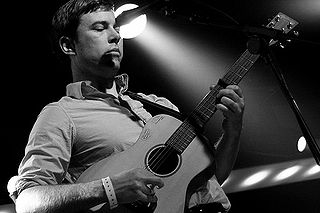A Quote by Jeff Kinney
I write in reverse: Rather than come up with a narrative and write jokes for that narrative, I write jokes independently of the narrative, then I try to fit them in.
Related Quotes
I'm not good at narrative; I'm really a gag writer, and that comes from being in the newspaper comic strip world for a while in college. What I do is I just write tons of jokes, then I sort them out in terms of quality and then pick the best of the jokes and then try to form them into a plot. If I get a good theme going, I feel lucky.
I feel like there's already a written narrative going on everywhere. All the different situations and realities you're in, like words floating by. It's something that I didn't start thinking about until recently, but you can hitch that ride, that narrative that's already been created. You just have to read it and write it down.





































